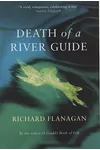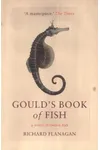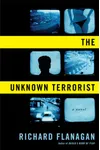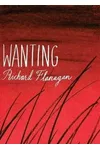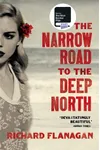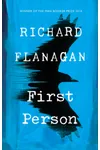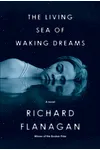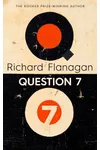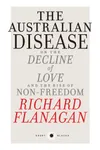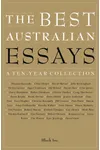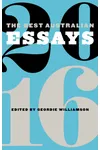Picture a Tasmanian storyteller who wove war, love, and nature into a Man Booker Prize-winning masterpiece—meet Richard Flanagan! Born in 1961 in Tasmania, this Australian novelist, historian, and filmmaker crafts stories that pulse with humanity. His evocative prose and knack for blending personal and historical narratives have made him a literary gem.
The Making of Richard Flanagan
Growing up in the rugged, remote town of Rosebery, Tasmania, Richard Flanagan was shaped by the island’s wild landscapes and tight-knit communities. The son of a schoolteacher and descended from Irish convicts, he carried a deep sense of history and resilience. After studying at the University of Tasmania and earning a Rhodes Scholarship to Oxford, Flanagan dabbled in manual labor jobs—river guide, laborer—before turning to writing. His early works, including historical nonfiction, laid the groundwork for his lyrical storytelling.
Richard Flanagan’s Unforgettable Stories
Flanagan’s novels are vivid tapestries of human struggle and beauty, often rooted in Tasmania’s landscapes or global history. His breakout, The Narrow Road to the Deep North (2014), won the Man Booker Prize with its heartrending tale of an Australian doctor in a Japanese POW camp, inspired by his father’s wartime experiences. Gould’s Book of Fish (2001) is a wildly inventive story of a convict artist, blending history and surrealism. The Sound of One Hand Clapping (1997) explores immigrant life in Tasmania, while Wanting (2008) intertwines Charles Dickens’ life with colonial tragedy. Flanagan’s style—rich, poetic, and unflinchingly honest—brings characters and settings to life with cinematic clarity.
His themes of love, survival, and humanity’s connection to nature resonate deeply. Whether depicting war’s brutality or a convict’s defiance, Flanagan writes with a historian’s precision and a poet’s heart, making each story feel both intimate and universal.
Why Richard Flanagan Matters
Richard Flanagan’s work transcends borders, offering profound insights into the human condition. His novels have redefined Australian literature, shining a light on Tasmania’s unique history and global ties. As a vocal environmentalist, he’s also championed preserving Tasmania’s wilderness, blending art with activism. Flanagan’s ability to craft timeless stories ensures his place among literary greats, inspiring readers to confront history and embrace empathy.
About Richard Flanagan
- Born: 1961 in Rosebery, Tasmania
- Key Works: The Narrow Road to the Deep North, Gould’s Book of Fish, The Sound of One Hand Clapping
- Awards: Man Booker Prize (2014), Commonwealth Writers’ Prize
- Fun Fact: Directed the 1998 film adaptation of The Sound of One Hand Clapping
Snag The Narrow Road to the Deep North and dive into Richard Flanagan’s breathtaking world of history, heart, and humanity!
